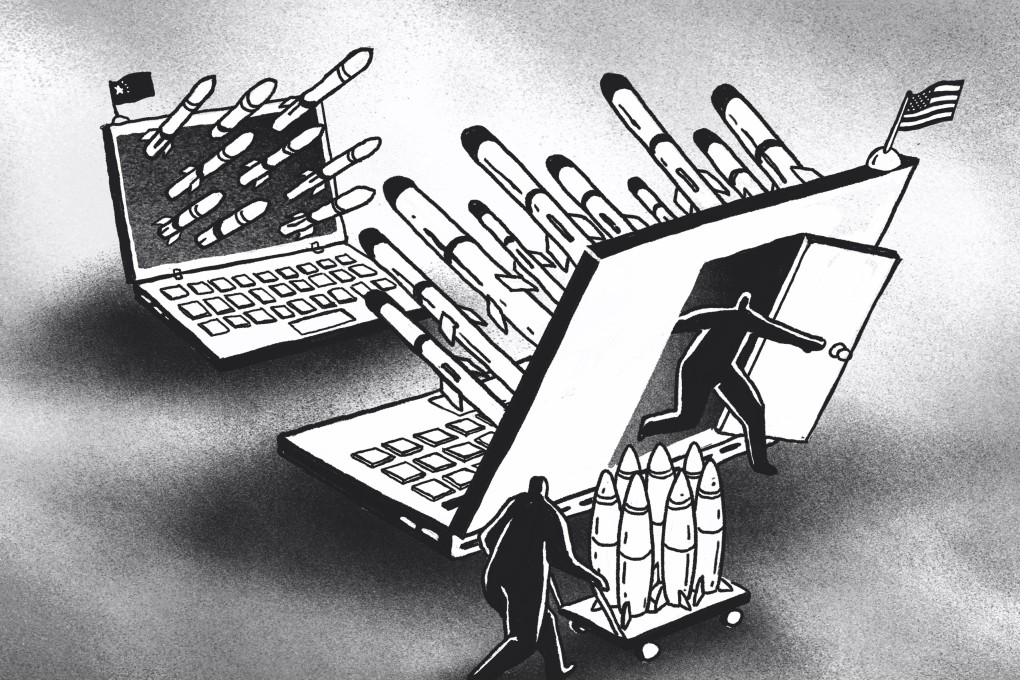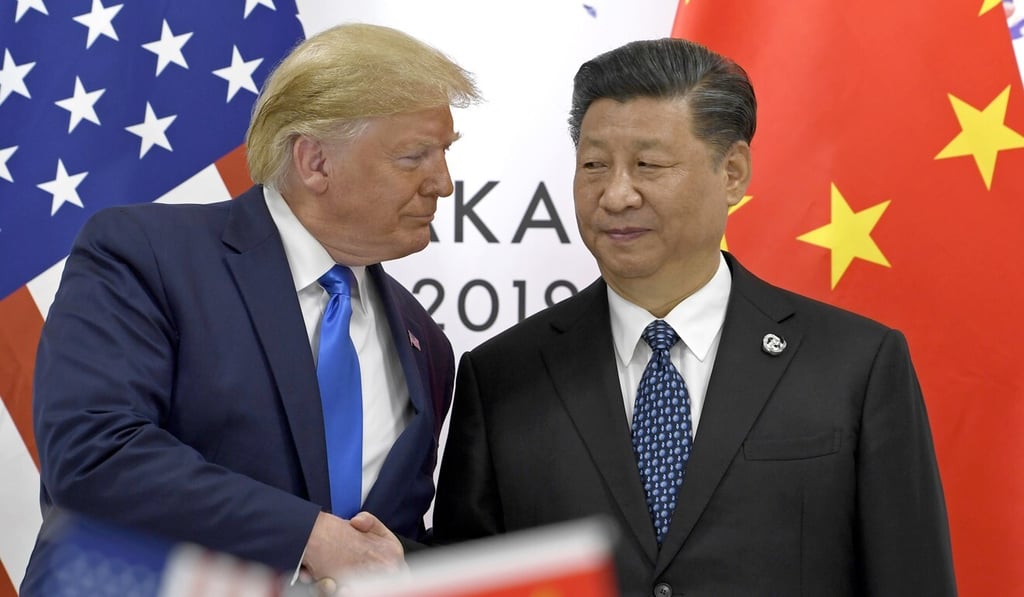The US-China tech cold war has turned hot – but would a Biden presidency change things for Huawei and others?
- With the US presidential election fast approaching, experts are debating whether a victory for Democratic nominee Joe Biden will reverse a building tech war
- Relations between the world’s two biggest economies, led by Donald Trump and Xi Jinping, are at their lowest ebb in over four decades

As voters in the United States prepare for the presidential election in November, the South China Morning Post will explore the potential ramifications for China. In the eighth part of the series, Yujie Xue and Celia Chen examine how a victory for Democratic nominee Joe Biden may affect the White House’s stance on Chinese technology.
The short answer: no, not really, if Biden’s rhetoric is anything to go by, although some analysts are holding out for a subtle change in tone, which could prevent matters from proceeding to Defcon 1.
Over the past four years, a clash over policy between the Trump administration and Xi Jinping has taken relations between the world’s two biggest economies to their lowest ebb in over four decades.

It has restricted some US government investment flows to China, imposed sanctions on leading Chinese AI companies such as Megvii and SenseTime in relation to alleged human rights abuses in Xinjiang, and announced its intention to block China-developed apps, such as TikTok and WeChat, in the US.